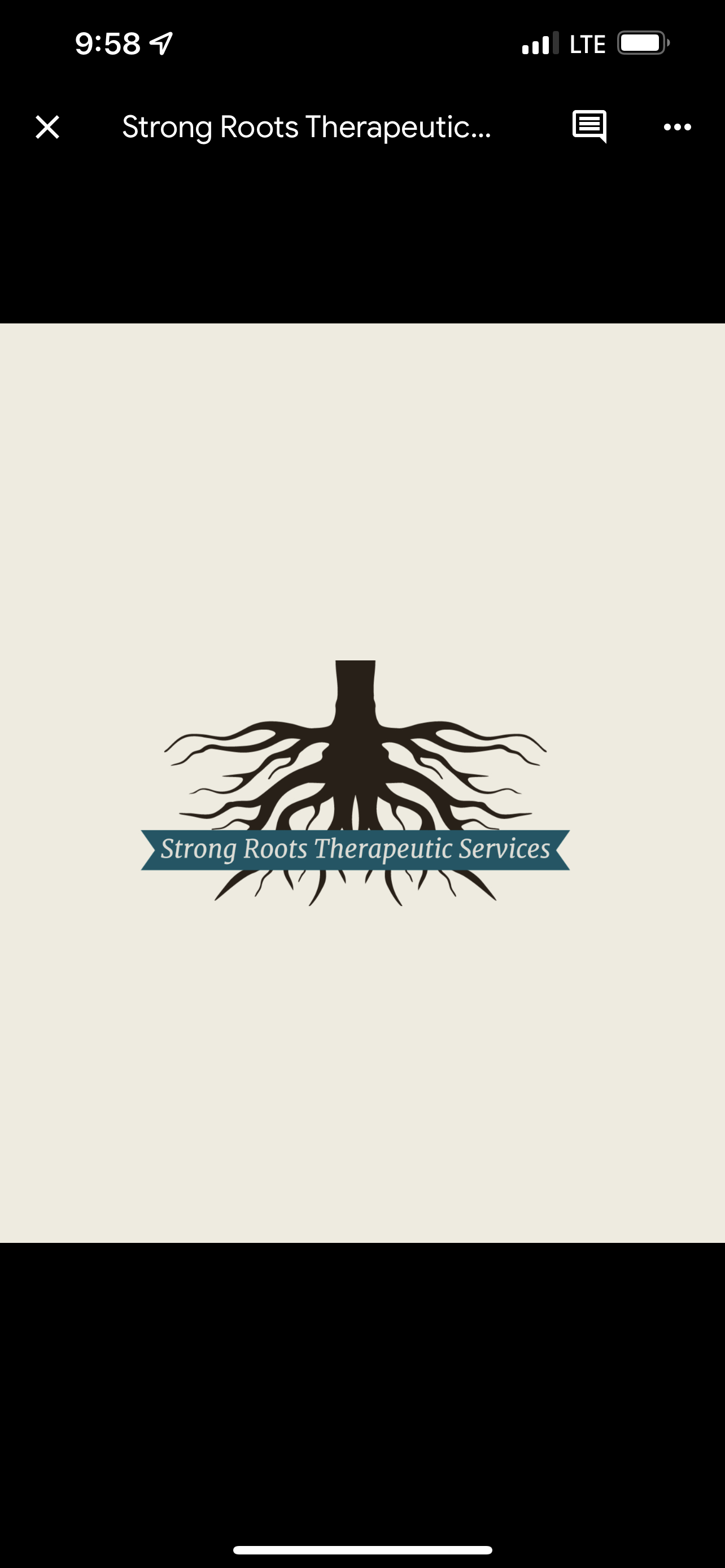Healthy Relationships vs. Trauma Bonds: The Real Deal
- Strong Roots
- Jan 12, 2023
- 2 min read

Alright, folks, let's talk about what makes a relationship healthy—or not. It's all about your preferences, goals, and life baggage. A healthy relationship should feel like a cozy blanket, not a straitjacket. But hey, sometimes we're so used to the drama of a toxic bond that we can't spot the red flags waving in our faces. Knowing the difference between a healthy relationship and a trauma bond can save you from a lifetime of emotional whiplash.
Trauma Bond 101
Trauma bonds are like emotional superglue formed in abusive relationships. They trick you into thinking it's love, but really, it's just a toxic cycle dressed up as passion. In these bonds, the abuser holds all the power, making it feel impossible to leave. It's not just a tough relationship; it's a survival mechanism gone haywire.
Spotting a Trauma Bond
Got a sneaky suspicion you’re stuck in one? Look out for these telltale signs:
Lying about the abuse to your pals
Blaming yourself for the mess
Painting your partner's flaws in a rosy hue
Feeling trapped like a hamster in a wheel
Believing you can change the abuser (spoiler: you can't)
Beyond Romance: Other Trauma Bonds
Trauma bonds aren't just for lovers. They can happen with family, friends, or even at work. Siblings might bond over shared trauma from parents, coworkers might unite against a tyrant boss, and kidnapping survivors can develop Stockholm Syndrome. It's all about blurred boundaries and enmeshment, leading to codependency.
The Role of Trauma Bonds
Even extreme cases like Stockholm Syndrome show how power and control play into these bonds. Sometimes, people "fawn" or appease their abuser to survive, setting up a lifetime of anxious attachment.
What a Healthy Relationship Looks Like
Healthy relationships are built on trust, honesty, and respect. No one's trying to control the other, and both partners are seen as individuals. Sure, there are bumps along the way, but healthy partners tackle them head-on, without trying to "win" arguments. They communicate, trust, and respect each other.
Key Traits of a Healthy Relationship
Open Communication: Talk it out, don’t hide it.
Trust: Give each other the benefit of the doubt.
Individuality: Keep your sense of self intact.
Understanding: Show empathy and compassion.
Intimacy: It matters, and it’s not just physical.
Mutual Respect: Support each other, don’t tear each other down.
For those used to chaos, a healthy relationship might seem boring. But let me tell you, consistency is your friend. If you're mistaking drama for passion, it's time to rethink. True love doesn't need trials to prove itself.
Healthy or Trauma Bond?
Ask yourself how your relationship makes you feel. Secure and supported? That's healthy. Fearful and anxious? That's a trauma bond. A healthy relationship is a steady source of comfort, not an emotional rollercoaster.

Comments